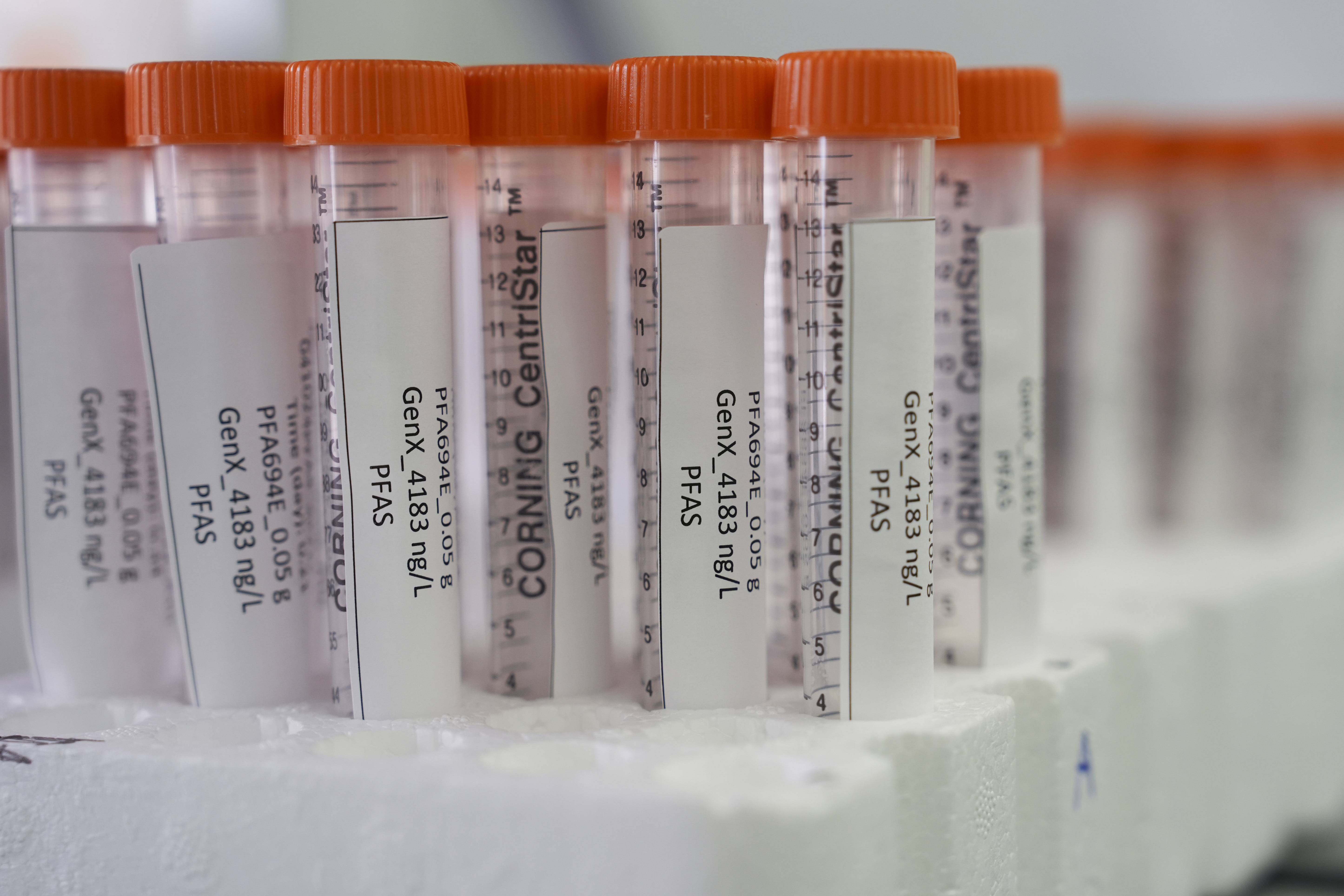
TOKYO - Japan's food safety panel concluded Tuesday that the effects of chemicals known as PFAS on birthweight loss and reduced immunity are "undeniable" in its first health assessment of the substances, after their detection across the country fueled concern among local residents, local media reported.
The Cabinet Office's Food Safety Commission, meanwhile, stated that "evidence is limited" regarding the potential of PFAS, or per-and polyfluoroalkyl substances, to cause cancer, with much still unknown about their adverse health effects, Kyodo News reported.
ALSO READ: Japan to study health impact of potentially harmful chemicals
PFAS, used in various products such as frying pan coatings and water-repellent clothing, have been detected in high concentrations at places near Self-Defense Forces and US military bases as well as industrial areas in Japan.
PFAS is a general term for a group of over 10,000 artificial chemicals that include PFOS, or perfluorooctanesulfonic acid, and PFOA, or perfluorooctanoic acid, the two most representative forms of PFAS.
Based on the assessment and a separate, ongoing nationwide survey on the concentration of PFAS in tap water, the Environment Ministry is set to discuss reviewing the provisional cap.
The commission assessed that the allowable daily intake of PFOS and PFOA for a person is 20 nanograms per 1 kg of body weight for each substance, the report said.
The government currently sets a provisional cap for the two chemicals at a total of 50 nanograms per liter for tap water and rivers.
READ MORE: In Japan, energy security fears put nuclear back in favor for 2040 plan
Known as "forever chemicals" that are extremely persistent in the environment and human bodies, PFAS could accumulate and lead to health problems as they do not degrade over time.
Based on the assessment and a separate, ongoing nationwide survey on the concentration of PFAS in tap water, the Environment Ministry is set to discuss reviewing the provisional cap, the report added.
A 2022 environment ministry study covering rivers and groundwater in 38 of Japan's 47 prefectures found PFAS levels exceeding government targets in 16 prefectures. The upcoming survey will provide a more comprehensive understanding of PFAS contamination across the country.


